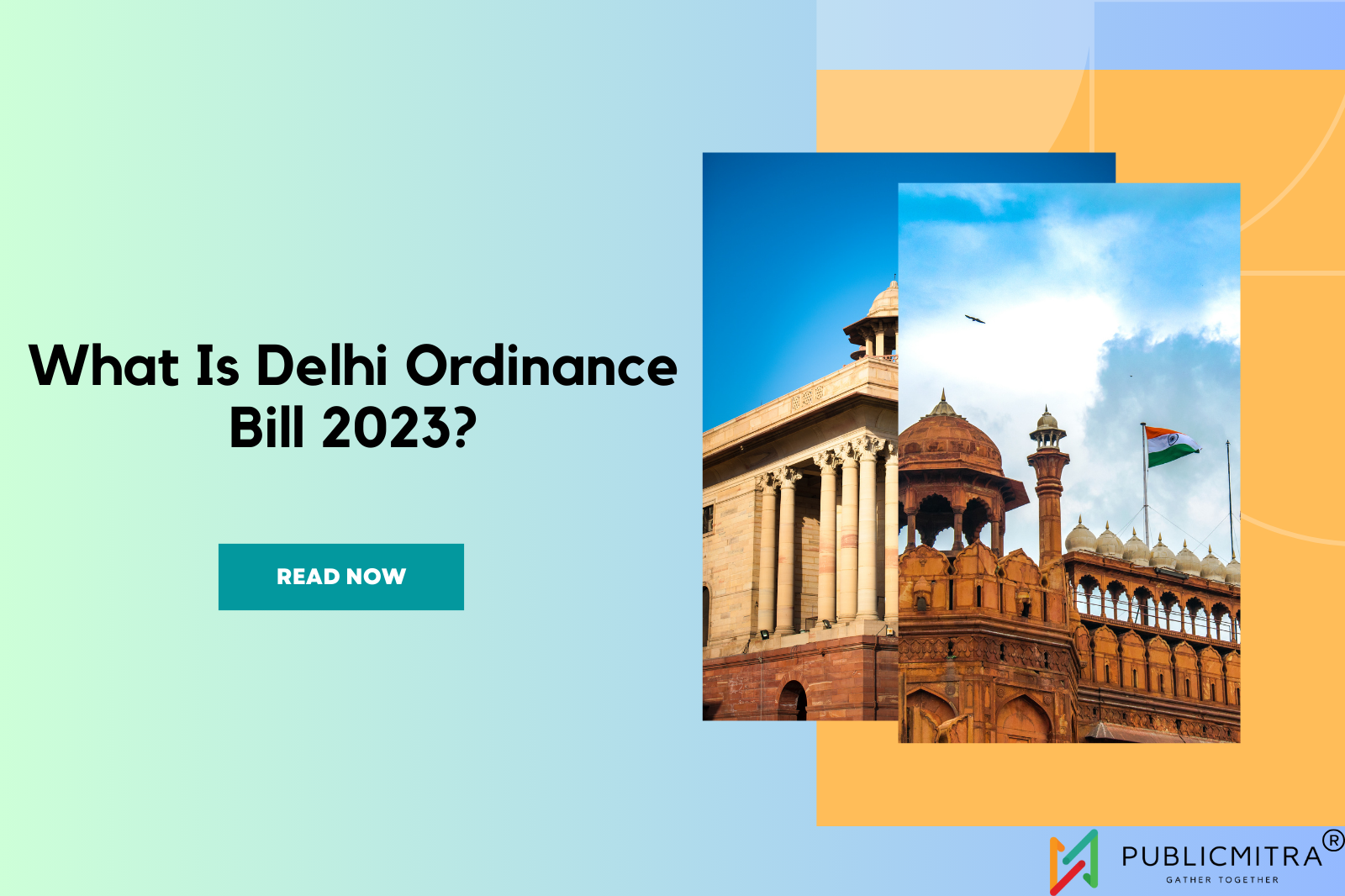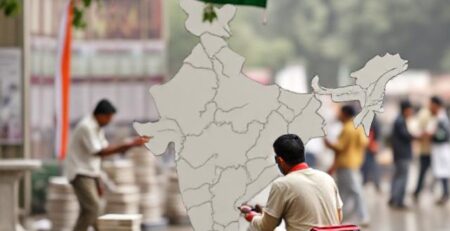What Is Delhi Ordinance Bill 2023?
To replace the service ordinance by voice note, the Government of National Capital Territory of Delhi Bill-2023 was passed by Lok sabha. The Delhi Ordinance Bill was introduced to replace the May 19 Ordinance promulgated by the Centre. This was done as an act to control services which are in Delhi.
The central government has the power to make laws on Union territories and Delhi, since it is a Union Territory.
What is Delhi Ordinance Bill 2023?
The Delhi Ordinance Bill 2023 establishes the National Capital Civil Services Authority, where there is a team of the Chief Minister, Chief Secretary of Delhi. The Authority recommends to the LG – Lieutenant Governor regarding the posting and transfer of officials with discipline.
The Bill provides the Power to LG to have discretion in various aspects that is recommended by the National Capital Civil Services Authority. It has the powers to summon, propagate and dissolve the Delhi Legislative Assembly.
This gives authority to the department secretaries to provide the notice of the LG, the chief secretary, and the chief minister.
Key Features
Let’s discuss the key features of the Delhi Ordinance Bill 2023.
- The bill introduced the national capital civil services authority to recommend to the Lieutenant Governor of India that includes certain services such as transfer and posting related services and also things related to vigilance.
- The Authority consists of the Delhi Chief minister as a Chairperson, Home secretary as a member and the chief secretary of the Delhi government. All the decisions will be based on the vote of the members.
- The powers of the Lieutenant Governor lie outside the legislative competence of the Delhi Legislative Assembly that has been delegated to them. The bill states that LG must act in his own sole discretion. This gives him more powers to provide authority or return for reconsideration.
Issues
- Delhi Ordinance Bill is that it confers the power of the posting and transfer of the officers to the Authority. This might break the triple chain of accountability that is linking with the civil services, legislatures, ministry and the citizens. This might violate the principle of democratic parliament which is a part of basic doctrine structure.
- Sole discretion is granted to the LG in various aspects that includes the situation in which the Legislatures meet in the legislative assembly. This in turn states that the Chief Minister will be unable to summon a session that is required for the administration business.
- Secretary of the department might fetch particular topics currently to the LG, chief secretary and the chief minister that will transpire without the consent of the concerned ministry. This will go against the collective responsibility of the cabinet, since the ministry cannot give their own inputs whatever they are concerned off.
Conclusion
The concerned Department Secretary will bring particular topics to the notice of the LG, that comprise concerns which may convey the Delhi Government. This Bill might pause the regular chain of power as topics associated with the ministry would have no intakes from the concerned minister. Hence this bill may go against the principle of collaborative obligation of the cabinet.











